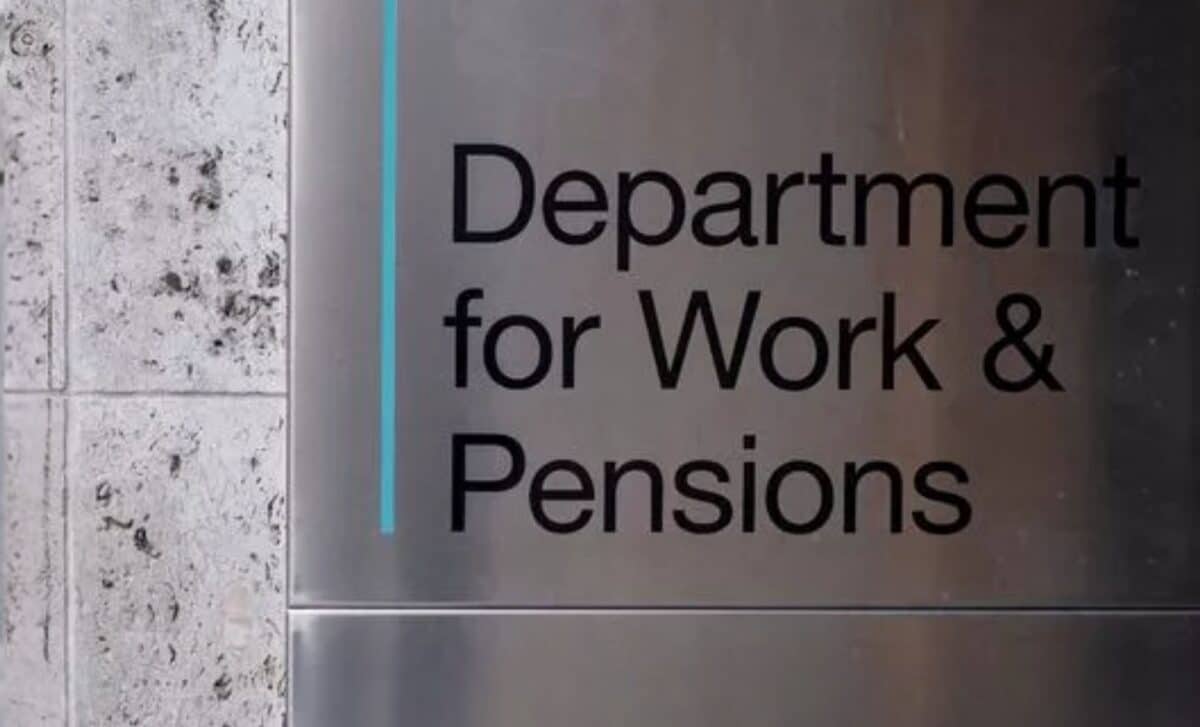Millions of individuals born between March 6, 1961, and April 5, 1977, have been alerted to a significant change in the UK’s State Pension system. According to Birmingham Live, the Department for Work and Pensions (DWP) has confirmed that they will now be eligible to claim the State Pension once they reach the age of 67, a shift from previous expectations.
This change forms part of an ongoing overhaul of the pension system that aims to address demographic pressures but may leave many individuals facing longer waits for retirement benefits.
This adjustment is part of a broader trend within the UK’s pension structure, which will see the State Pension age continue to rise in the coming decades. Individuals born after 1977 will be required to wait even longer to access their full pension benefits, with the age limit rising to 68 between 2044 and 2046.
The move has sparked concern among pensioners and those approaching retirement, prompting many to evaluate their contributions to the National Insurance system to ensure they meet the necessary criteria for receiving full benefits.
National Insurance Contributions: A Vital Factor in State Pension Eligibility
According to Alice Haine, personal finance analyst at Bestinvest by Evelyn Partners, securing a full State Pension requires individuals to have accumulated at least 35 years of National Insurance (NI) contributions.
For many, this raises the question of whether they need to make additional payments to “top up” their record, especially if they have periods of unemployment, illness, or career breaks.
According to Haine, the government’s new National Insurance services, launched in April of the previous year, offer individuals a streamlined method for identifying and filling any gaps in their contribution history.
The new service allows users to access their personal tax accounts or the HMRC app to view their NI record and determine whether they need to make additional contributions. Haine highlights that this process is relatively straightforward, offering clear guidance on the available options for top-ups.
However, she warns that individuals should be careful not to pay for more years than they actually need, as the money paid into the system is non-refundable.
Government’s Push for Early Action
While many have relied on past extensions to meet pension deadlines, experts suggest that individuals should act promptly to avoid missing out. As Haine notes, the current deadline for top-ups has been extended several times before, but it is unlikely the government will offer further leeway.
Those who are concerned about their pension eligibility should take action as soon as possible to ensure they meet the necessary requirements and avoid unexpected delays or gaps in their benefits.
The implications of this shift in the State Pension age are far-reaching, especially for those relying on their pension as a primary source of income during retirement.
With the age thresholds set to increase, individuals who may already be struggling to accumulate enough qualifying years of NI contributions will need to carefully consider their future options to ensure financial security in later life.









